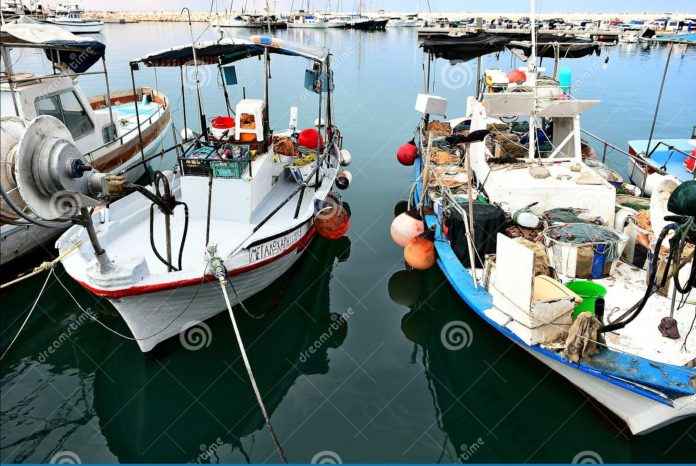China appears to be launching a significant expansion of its distant water fishing fleet around the world and most notably in Africa.
Six supertrawlers are already docked in Liberia and three new vessels are now on their way to Morocco to join dozens, if not hundreds of other ships that have been operating in a legal grey area in West Africa. National governments in the region will have to become more assertive in pushing back against the Chinese or else risk their already diminished maritime resources become further decimated.
But if the past few years are anything to go by, there’s good reason to be concerned.
China’s distant fishing companies are apparently quite sophisticated in preying on weak governance in countries like Ghana and Liberia, where they mask their operations by registering vessels under local flags and sidestepping fishing regulations by offloading their cargos in international waters.
Both Ghana and Liberia are now evaluating permit applications for Chinese trawlers and, if past experience is any guide, both are expected to grant the licenses.
Senegal, though, is an outlier in the region. Dakar recently rejected the request for 52 Chinese trawlers to fish in its territorial waters. More countries on the continent need to follow their example or else the consequences could be dire.
As the fishing grounds in Africa’s coastal waters are steadily depleted, the impact will be felt across entire countries. Local communities that depend on fishing will wither and a once important source of protein will no longer be available for countries that now face increasingly dire food security challenges. This also means that African countries will have to spend more of their limited foreign exchange reserves to import food to make up for the loss.
But standing up to the Chinese isn’t easy and most African countries don’t have much experience doing so. All they have to do, though, is referred to section 3.5.6 of the 2018 FOCAC Action Plan and put the burden back on the Chinese side:
China supports Africa in the capacity-building of maritime law-enforcement and environment protection to ensure the security of maritime resources and promote maritime development and cooperation and the promotion of sustainable approaches that are environmentally, socially, and economically effective through the Blue Economy.
These are promises China made and should be obligated to keep. African governments have to do their part too and hold the Chinese accountable.
The next FOCAC will take place in less than a year in Dakar, and African negotiators must insist that fishing and maritime conservation gets the attention it deserves. If it’s brushed aside as it has been so far, the consequences will be tragic.
Source: chinaafricaproject.com








